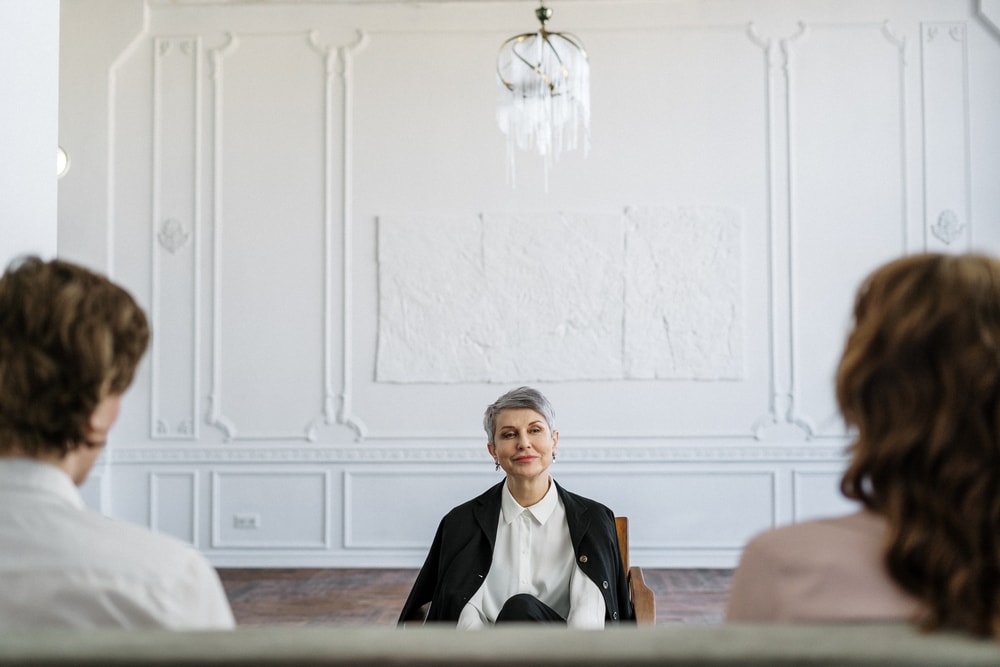Preventative Counseling: Learning Communication Before Trouble Starts
Communication is key in relationships of every type. Human beings are capable of verbal and non-verbal communication and by five months of age are typically capable of reacting to sounds and vocalizing pleasure and displeasure. Throughout childhood we are taught to give and share as well as receive but how well does this prepare us for a committed relationship in adulthood?
When a child is brought up under perceived normal conditions and learns values, morals, and ethics, will that child automatically be ready to forge blindly into the world making friends and communicating effectively with partners and others? What if the child does not grow up under perceived normal circumstances but instead is abused, neglected, or perhaps is an only child, or placed in foster care at a crucial age?

When I see troubled teenagers who have been placed into the system I unfairly judge them as having weak characters. I expect little out of them in society. If one teenage girl reaches age 21 with no children and no jail time under her belt I see her as a success story.
If she manages to keep even a part-time job she has achieved greatness in my eyes. I do not even consider that this same girl will find a healthy relationship with a partner. I expect only abusive exploitative men to seek her company and she, knowing no better, will revel in theirs. I am not a bigot; I simply see situations for what they are.
Though the above example may be extreme, children and young adults are not fully prepared to communicate with people they will be forming relationships with and my opinion is that more could be done before the trouble ever arises.
We are offered courses for communicating effectively at work, classes for communicating with each other prior to marriage, therapy for communicating with a spouse once marital troubles have been identified, and seminars to learn effective nonverbal communication to advance successfully. What about the neglected group of young adults ages 18-25 who are seeking something meaningful in the dating world and failing time after time?
High school health class may be a good starting point. Mental health and healthy relationships are rarely if ever mentioned in health class. Simple biological functions and food selections are instead the focus. Perhaps an advanced Health 102 could be offered which would include preparing the healthy mind for communication in relationships. Before the premarital counseling, where is the pre-relationship counseling?
I for one could have greatly benefited from some type of counseling in the area of communication, an area I was not even aware I was lacking in before getting married. I was an only child, placed into residence with my elderly grandparents due to extreme abuse and neglect by my mother and step-father. I always felt I was able to communicate fine.
After all, I always knew exactly what I was thinking and feeling. My family did not talk about feelings, nor did they show them. I grew up very much inside my own head. When it came to relationships as I grew older, I often wondered why the boyfriends didn’t know what I was thinking. I couldn’t imagine that it was because I didn’t tell them. They should just know, shouldn’t they?
My plea is to counselors in high schools and colleges, health and psychology teachers, to consider this deficit and provide a curriculum to those less capable of communicating effectively. This is not an instinctual skill. Without a role model or teacher it may be too late before so many of us realize we even had a problem.